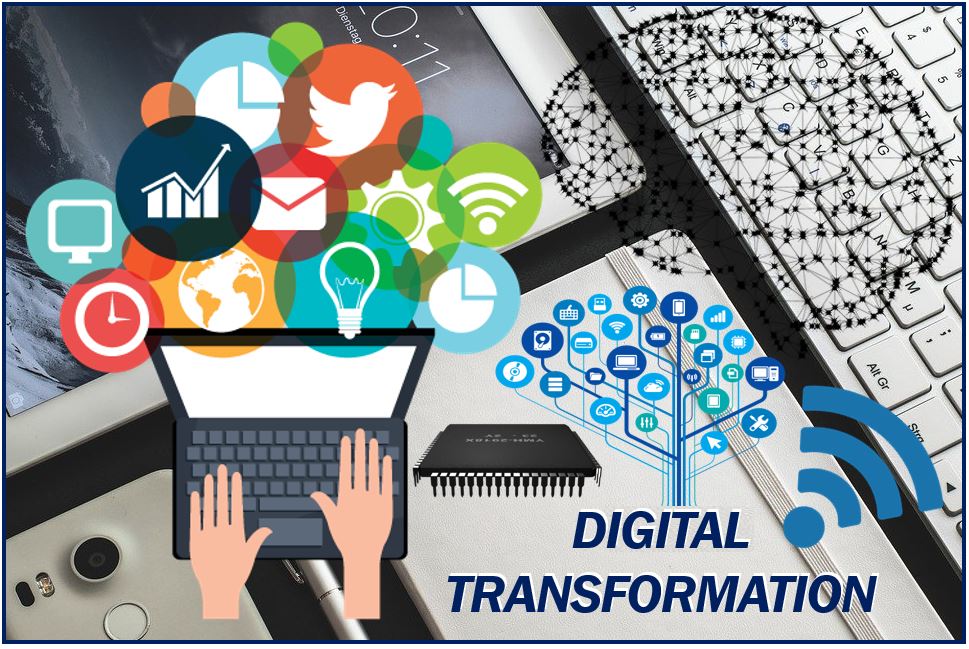We start the day with reading news updates on our smartphones. The whole world suddenly compresses to the palm of our hand. Sometime later we log on to our laptops and PCs to work, again sitting in a digital bubble where all these devices and gadgets are powered by digital technology that connects us to endless knowledge resource banks within seconds.

With our work culture having already witnessed digital transformation to a considerable extent, it only looks likely that the trend would continue in future too, perhaps evolve more.
How Digital Transformation Would Impact Work Future
According to a report by the World Economic Forum (WEF), titled “The Future of Jobs”, these are the 5 job trends that are changing the future of work in wake of digitisation:
1. Robots would slowly take over
Humans have always been acknowledged as the brainy beings capable of accomplishing huge critical tasks. Thanks to the digitisation of our workspace and work culture, this trend is slowly but surely expected to change. The WEF predicts that by 2022, the human-robot task division would balance out fairly evenly.
This is to say that where humans are currently responsible for nearly 71% of work task hours across all industries and sectors,robots would take up around 42% of these hours. Also, taking into sole consideration tasks such as data processing and data search, this figure is likely to go up to 62% as well. This only proves companies’ huge dependence on automation technology for certain critical functions.
2. Shift in skills
This is another area where a significant transformation would be noticed and welcomed too. Evident signs can be seen now as well with analytical thinking taking over manual swiftness to accomplish tasks, active learning replacing memory skill, and emotional intelligence and creativity substituting for silent persistence.
The latter skills are being demanded more by employers for the sheer value they add to the whole workflow. This also compels a much-prolonged change in our education system that prepares young minds for the future. There is a dire need to nurture relevant values that keep in pace with the work culture of today and also the future than to keep harping on how work used to be done since ages.
3. Lifelong lessons learnt
Gone are the days when skills would only be learnt for the task at hand. The introduction of new, revolutionary technologies has propelled the need to learn them for an entire lifetime, for such are their lessons – more practical, valuable and rewarding. There is higher focus on re-training staff, planning workforce, and levelling up existing skills. In fact, it is foreseeable that by 2022, employees would need to be trained for a total of 101 days on an average in order to remain effective.
4. Automation would have differing impact across sectors

The evolution of technology has made its presence felt in different ways already. Today we see aerial robots bringing about a positive digital transformation in the oil and gas sector. At the same time, there are humanoid robots that have helped achieve digital transformation success in the financial and consumer services sector. Similarly, AI and Cloud technology have changed the face of IT.
5. Lucrative digitised future
These trends are likely to continue in the near future as well, making our workspace more lucrative. While robots may replace humans in large numbers, technology evolution would also create more jobs for roles such as data scientists and analysts, AI and ML specialists.
With so much in store for our work future, it only makes sense for companies to invest hugely in technology automation for their own good.
__________________________________________________________
Interesting related article: “What is automation?“

